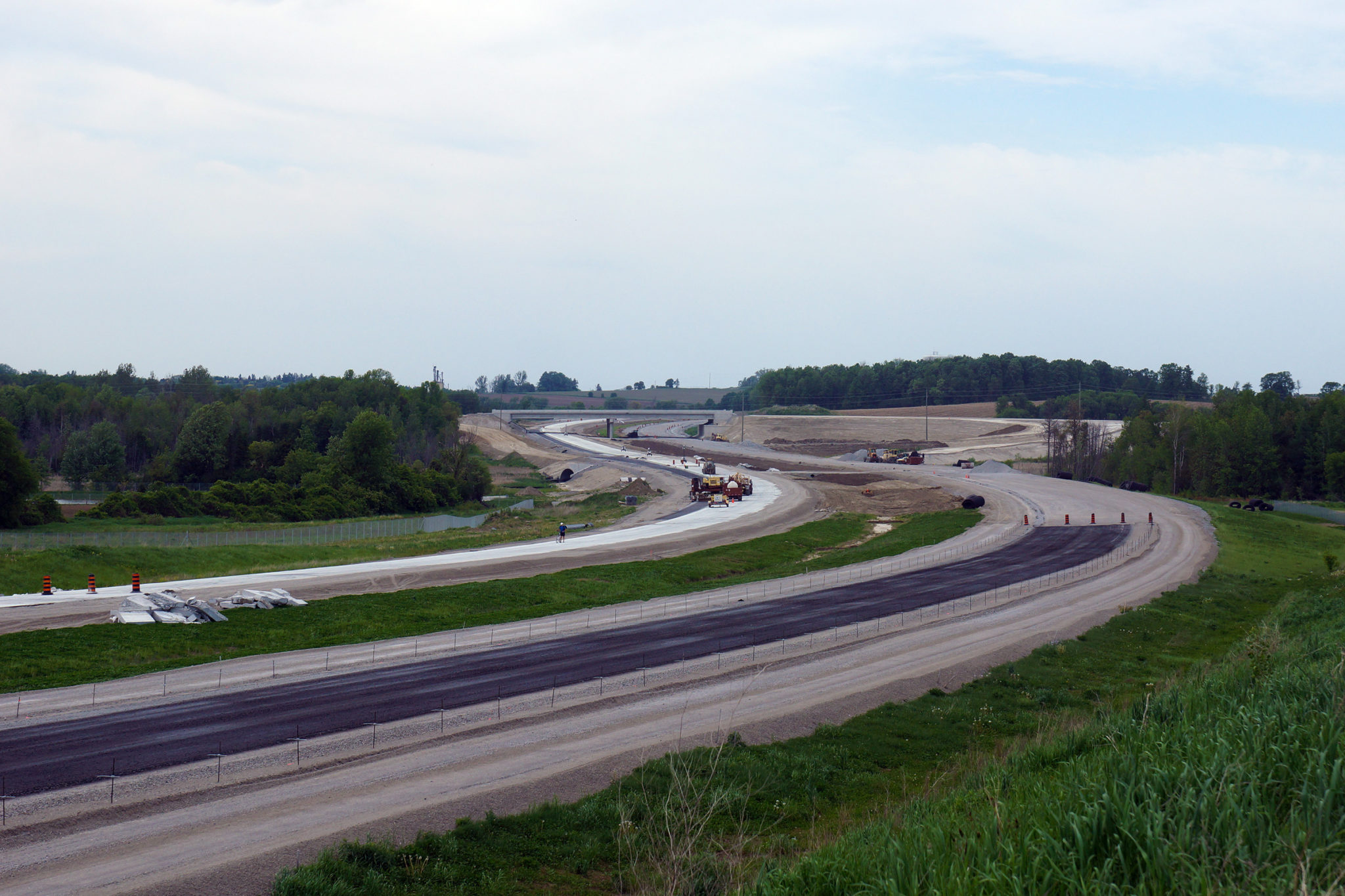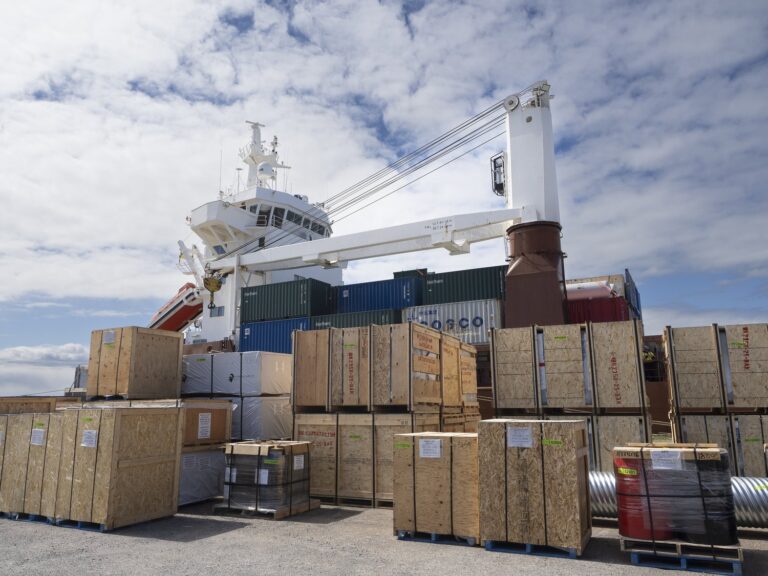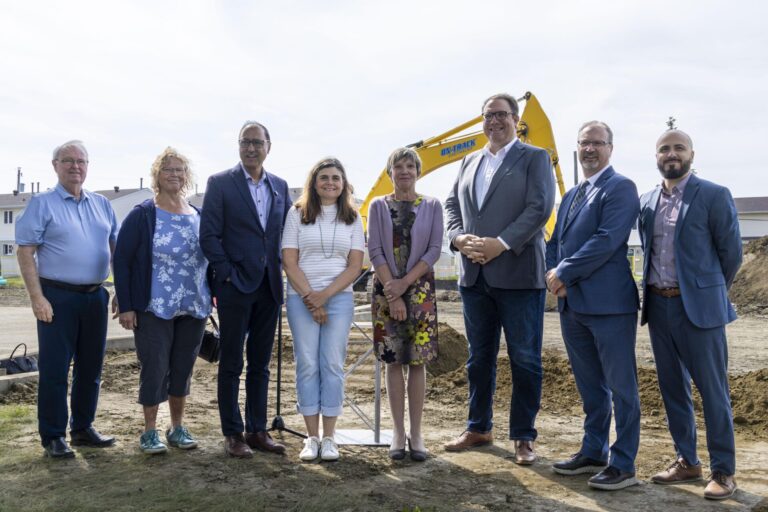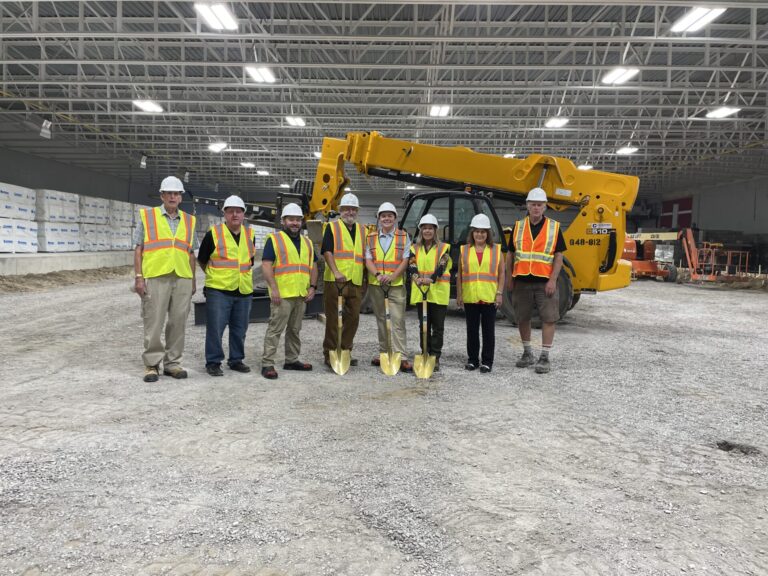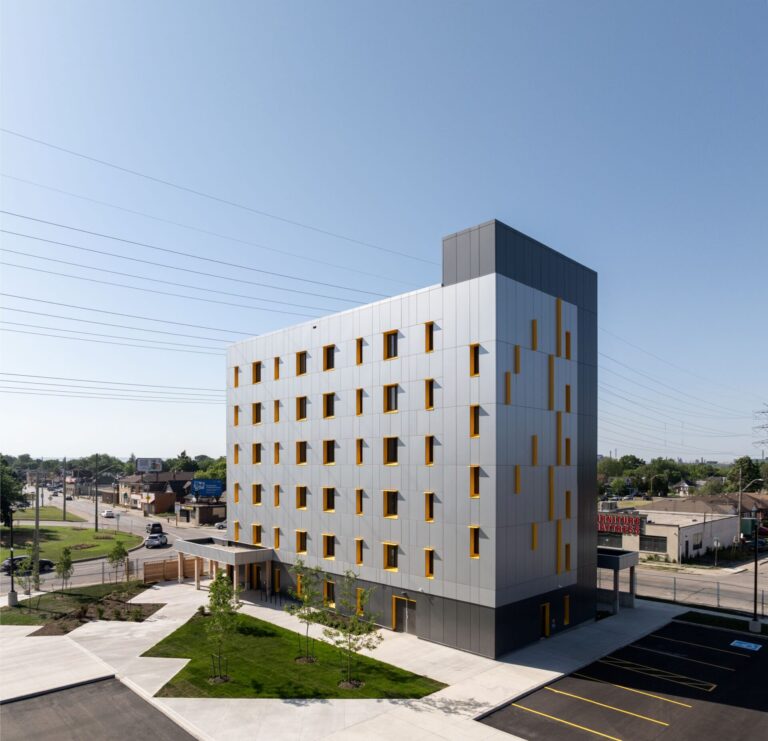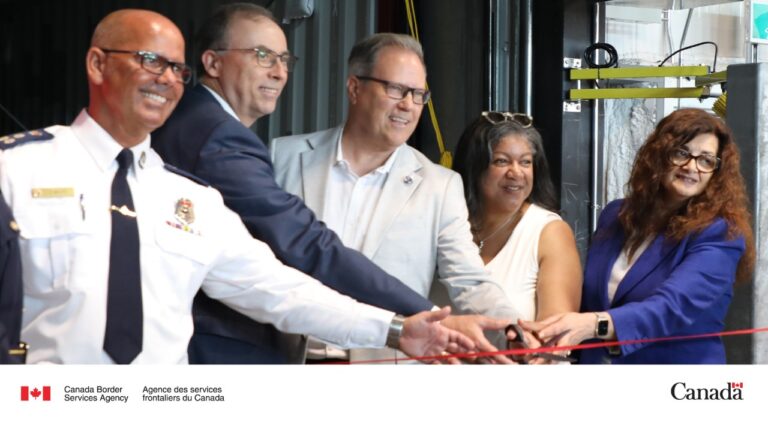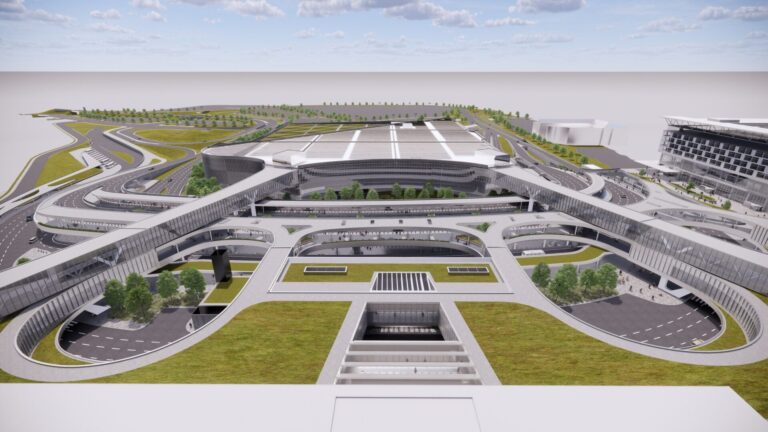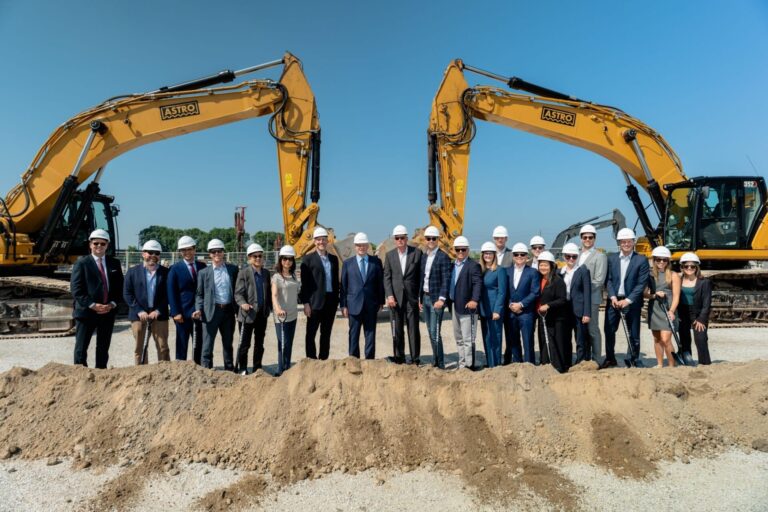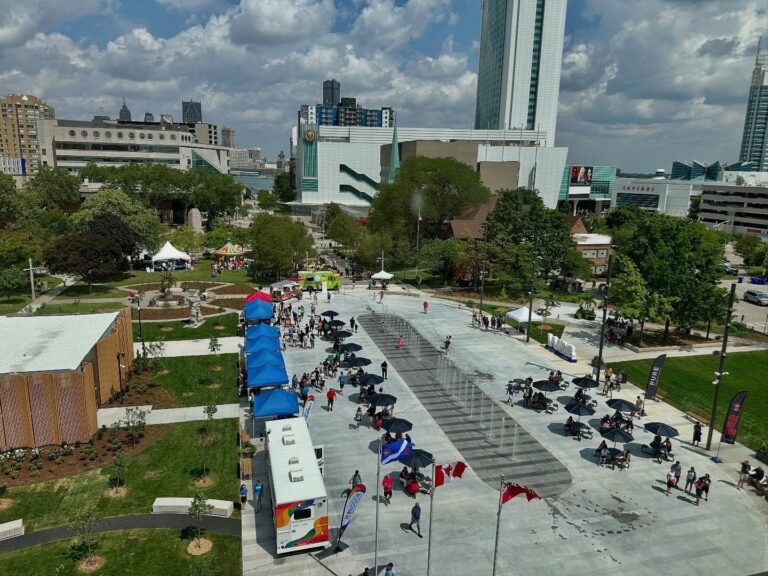The Regional Municipality of York Regional Council has approved the 2018 Development Charge Background Study and Bylaw Amendment to include an additional 56 roads projects in the Region’s development charges, originally identified in the Transportation Master Plan.
These projects include road widenings, rail grade separations, and interchange improvements.
“Transportation is a key priority for Regional Council and with this amendment, we have added in an additional $1.5 billion to our development charges to help keep people moving on our roads,” said York Region Chairman and CEO Wayne Emmerson. “The amendment to the existing bylaw will help prepare for planned and approved growth in our communities.”
To assist in funding these additional projects, development charges payable on new homes will increase by 19 per cent, and between 18 and 28 per cent on new non-residential properties. Development charges do not fully generate sufficient revenue to fund required growth-related infrastructure in York Region. As a result, additional revenue sources are required.
“Preparing a development charge bylaw is always a challenging task as we try to balance infrastructure needs against the funds allocated to pay for them,” said Town of Richmond Hill Mayor David Barrow, chair of finance and administration. “While development charges are the primary source of revenue for infrastructure related to growth, it does not fully cover the cost and the outstanding amounts must be accounted for.”
In order to fund required infrastructure to meet Provincial Growth Plan directions in a financially sustainable way, Regional Council has once again requested the Province of Ontario extend the same or similar City of Toronto Act, 2006 revenue-raising powers to York Region.
The Regional Municipality of York consists of nine local cities and towns, and provides a variety of programs and services to 1.2 million residents and 51,000 businesses with 620,000 employees.

